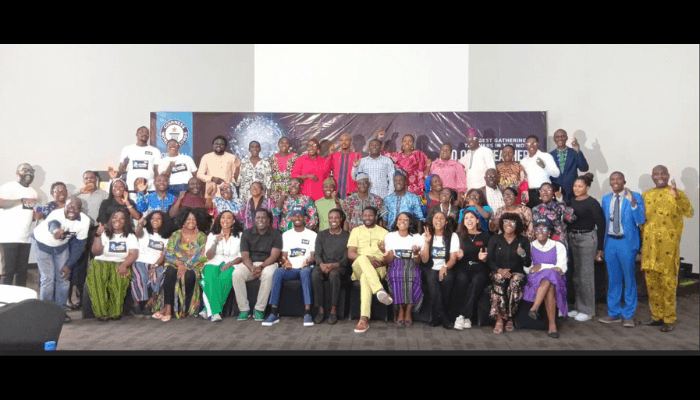Amid global reflections on the vital role of educators, a senior lecturer at Nasarawa State University, Keffi, Dr. Vincent Paul, has urged governments across all levels to prioritize teacher welfare and create more supportive working environments capable of attracting and retaining quality educators.
The appeal, delivered in a statement commemorating World Teachers’ Day 2025, underscores growing concern over the state of the teaching profession in Nigeria, particularly within public institutions where educators often face inadequate facilities, limited recognition, and low remuneration.
World Teachers’ Day, established by UNESCO, ILO, UNICEF, and Education International in 1994, celebrates the adoption of the 1966 ILO/UNESCO Recommendation on the Status of Teachers, which defines international standards for teachers’ rights, responsibilities, and professional conditions.
Dr. Paul acknowledged the resilience of Nigerian teachers who, despite systemic challenges — such as the absence of private office spaces and overcrowded classrooms — continue to nurture generations of learners. He described their dedication as the “unseen foundation of every profession,” emphasizing that education remains the cornerstone of national and global progress.
He called for increased investment in modern educational facilities to make teaching “simpler, friendlier, and more impactful,” noting that effective learning environments directly influence sustainable development outcomes.
“Teachers are more than educators — they are mentors, guides, and builders of nations,” he said. “Through their patience and commitment, they inspire values, creativity, and curiosity that extend beyond the classroom.”
Dr. Paul further highlighted the evolving responsibilities of teachers in a rapidly changing world, noting that they are central to advancing peace, innovation, and sustainable development. He emphasized that the 2025 World Teachers’ Day theme, “Empowering Teachers for a Sustainable Future,” reinforces the profession’s indispensable role in achieving the UN’s Sustainable Development Goal 4 (Quality Education).
He urged world leaders, institutions, and communities to strengthen support systems for teachers through training, welfare packages, and improved infrastructure. According to him, “teachers spend more formative hours with learners than most parents do, shaping not just intellect but character.”
While commending ongoing government efforts in maintaining educational structures, Dr. Paul stressed that “to whom much is given, much is expected,” calling for renewed commitment to global teaching standards and professional excellence.
The lecturer’s tribute extended beyond the institutional level — he personally visited his retired primary school teacher, Mrs. Augustina Abraham, to express gratitude for her role in shaping his early education. He also paid homage to mentors who influenced his academic journey, including professors and colleagues at Nasarawa State University and beyond.
Dr. Paul’s message reflects a broader sentiment within Nigeria’s education landscape: that while teachers remain the bedrock of national development, their welfare and recognition must match the magnitude of their impact.
Despite being celebrated as nation builders, many teachers in Nigeria continue to grapple with poor remuneration, limited professional development, and resource constraints, conditions that contribute to declining educational standards and a shrinking pool of qualified educators.
As the nation marks another World Teachers’ Day, Dr. Paul’s remarks serve as both tribute and call to action — a reminder that empowering teachers is not merely an act of gratitude but a strategic investment in the country’s sustainable future.

